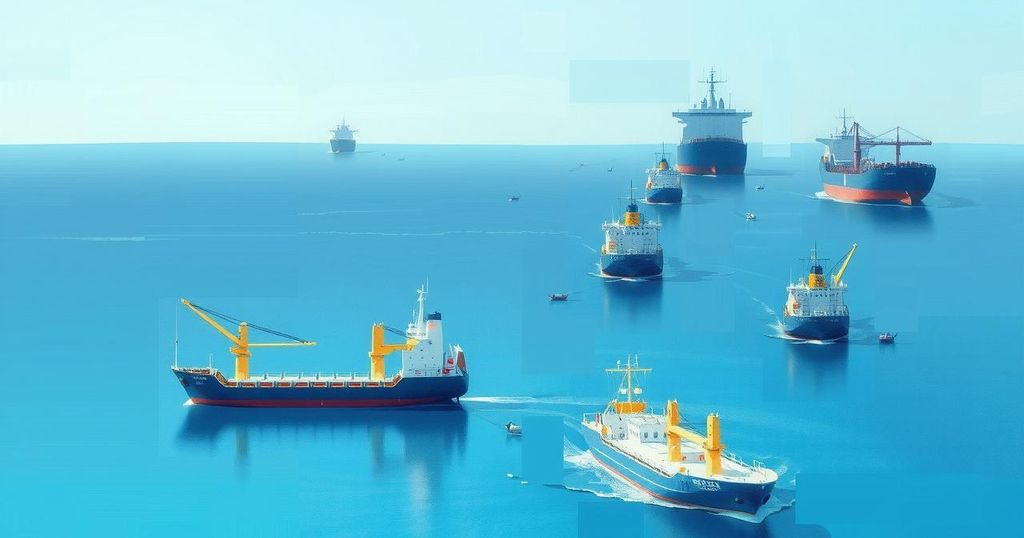UN Extends Authorisation to Inspect Vessels Suspected of Violating Libya Arms Embargo

The UN Security Council has extended the authorisation for member states to inspect vessels suspected of violating the arms embargo on Libya for six months, under Resolution 2780. The resolution passed with 13 votes, while Russia and China abstained, citing concerns about the effectiveness of the EU operation IRINI.
In a recent development, the United Nations Security Council has opted to prolong the authorisation for member states to conduct inspections on vessels suspected of violating the arms embargo on Libya. The resolution, identified as Resolution 2780, permits these inspections for another six months, allowing states, either independently or via regional organizations, to inspect ships on international waters heading to or from Libya if they have reasonable suspicion regarding their cargo.
As per the Xinhua news agency, this resolution was approved with a 13 to 0 vote, while Russia and China chose to abstain. Their representatives remarked on the questionable effectiveness of the European Union’s operation, known as IRINI, which currently conducts inspections under this authorisation. They also expressed concerns about how the intercepted arms and related materials are disposed of after seizure.
The backdrop to this resolution stems from the Security Council’s imposition of sanctions on Libya in 2011, following a tumultuous period that resulted in the ousting of former leader Muammar Gaddafi. Since then, an arms embargo has been in force, and it’s designed to curb the flow of arms into the conflict-ridden region.
In addition to the established arms embargo, the UNSC’s Libya Sanctions Committee holds the authority to designate specific vessels under this sanctions regime. This designation enables the prohibition of transactions involving crude oil illegally exported from Libya and restricts provisions of fuel or supplies to those vessels designated by the committee. The previous resolution, Resolution 2292, enacted in June 2016, was pivotal in laying the groundwork for these inspections on the high seas.
The UN’s decision to extend the inspection authorisation underscores its ongoing commitment to enforcing the arms embargo on Libya. With scrutiny on the methods used by operations like IRINI and the effectiveness of the sanctions regime, the international community remains vigilant about the stability of Libya and the broader region. Moving forward, continued monitoring and assessment by the Security Council is crucial to bolster peacekeeping efforts in Libya.
Original Source: www.socialnews.xyz








